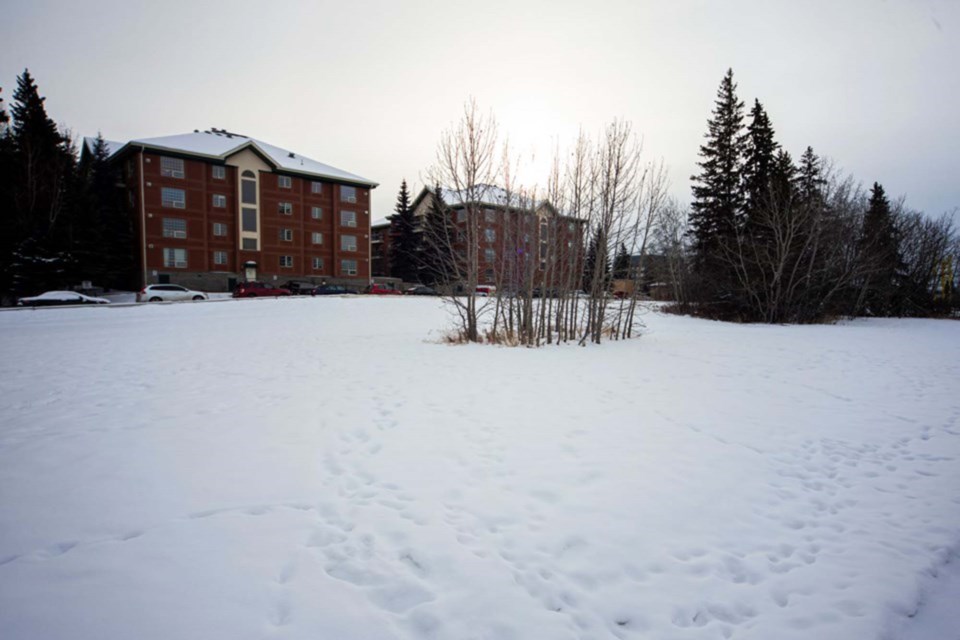As part of its ongoing effort to increase the supply of affordable housing in St. Albert, the city is looking to create an affordable housing fund.
The fund would better position the city to apply for grant funding from higher levels of government, and allow the city to be a more substantial partner for agency-led affordable housing projects, planning and development director Adryan Slaght said.
The new fund is stipulated in a $112,500 growth business case included in the city's proposed 2024 budget. However, the business case says the fund wouldn't be functional until 2025.
“Provincial and federal funding are prioritized to communities who provide funding, land contributions, or some form of private or public partnerships to support non-market housing development,” the business case reads. “To further council's goals, a sustainable affordable housing fund is required to enable the development of incentives or programs.”
Slaght said in the past, the city has mainly relied on land contributions to support affordable housing development — namely Big Lake Pointe in North Ridge and 22 St. Thomas Street downtown — but having an affordable housing fund would improve the city's ability to support affordable housing development.
“What we do know is that when we look at comparable communities that get funding through either federal or provincial governments for housing, you have to have some sort of stake, you have to have some method in which the community is providing an in-kind or actual monetary or land contribution,” he said. “The idea behind this was, if we're not, depending on the project, providing land, at least we could have dollars that we can utilize as a potential match to leverage other sources of funding.”
“Without having the money available, we know that we'll face limitations in being able to be a player in affordability projects.”
Some grant programs administered by higher levels of government that require municipalities to provide either funding or land for new affordable housing projects include the federal National Housing Co-Investment Fund and the Affordable Housing Innovation Fund, and the provincial Affordable Housing Partnership Program.
Coun. Natalie Joly said she was pleased to see the business case included in the proposed budget.
“It's a demonstration of how forward-thinking and proactive our staff are, and how knowledgeable they are about the pace with which we must respond when higher levels of government release funds for these projects,” she said.
Likewise, Coun. Ken MacKay also said having an affordable housing fund would allow the city to respond to funding opportunities when they arise.
“We donated land before, but now this is something where, when grant opportunities are there, we can actually take advantage of it and be much quicker,” MacKay said. “We have to be ready.”
Coun. Wes Brodhead said the business case is an interesting proposal, but thinks the fund will need to be tied into the city's land-management plans.
“We're in a land deficit here,” Brodhead said. “So this program, to me, needs to be married to our land-management program.”
“We've got some places, but they're just not appropriate for affordable housing ... so that's the sort of thing that we have to watch.”
Brodhead also said when the time comes, council and administration will need to determine how the affordable housing fund is actually funded.
Slaght said one option is to annually top up the fund on a per-capita basis, similar to how the city's Outside Agency Grant is calculated.
“You could apply a certain dollar amount per capita that would, through taxpayers, go in to help pay for the fund,” Slaght said. “Let's say that we're trying to create $100,000, it would be almost $2 per person.”
Brodhead said the city might need to consider starting the fund with a more substantial amount before implementing the annual per-capita top-up, but council will likely have the opportunity to debate and decide how the fund is administered at a later date.
The Gazette tried to contact the St. Albert Housing Society's board chair Angela Pacholok, but did hear back by press time.




